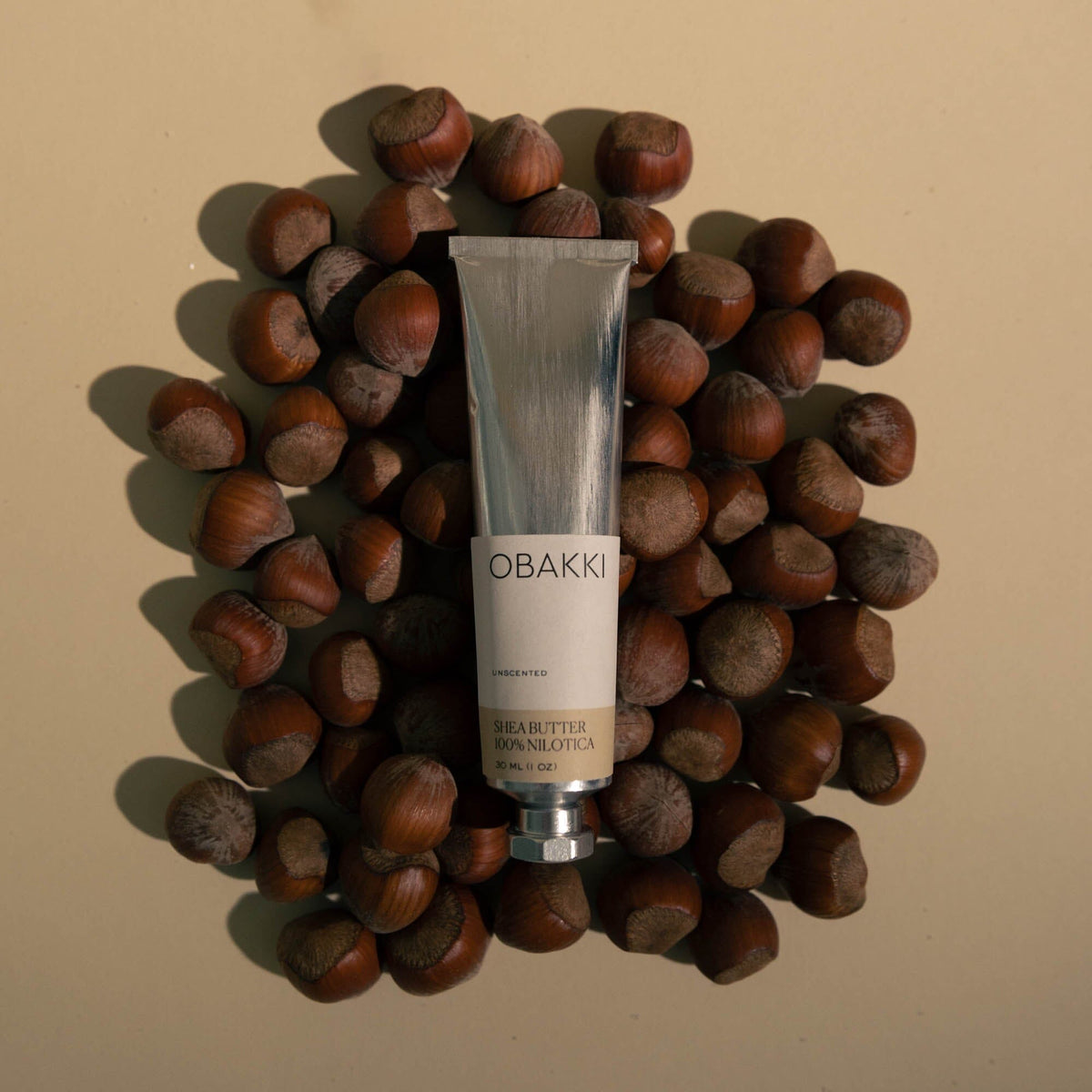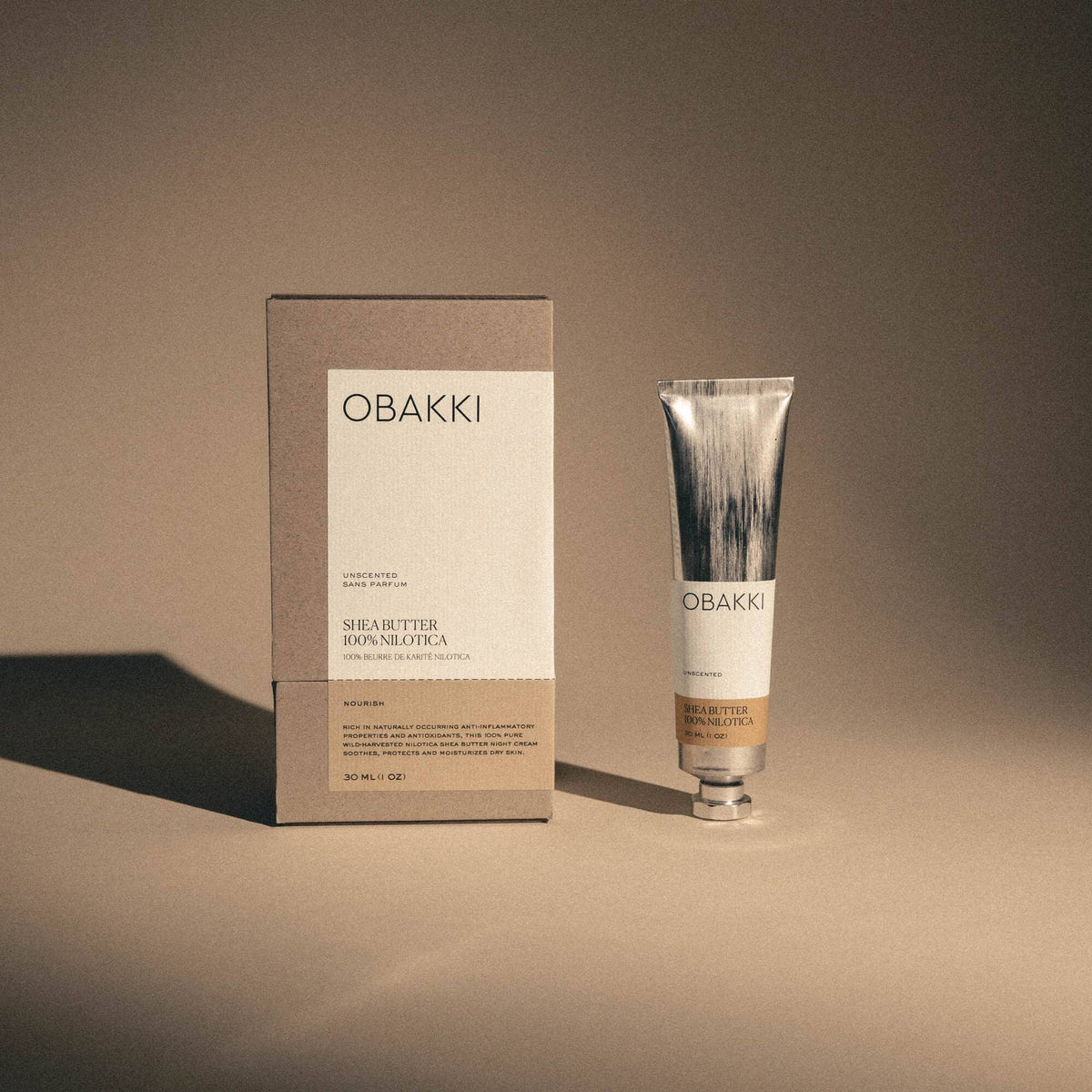The Problem With Palm Oil

Palm oil production is wiping out ancient forests, endangering wildlife and destroying communities, which is why Obakki’s skincare collection is palm oil free.
You can help to preserve some of the world’s most sensitive ecosystems and vulnerable populations simply by choosing cruelty-free soap, shampoo or skincare products that don’t contain palm oil. These consumer items (and many other products) usually have palm oil, the manufacture of which is causing environmental havoc, destroying habitats for endangered species and violating the rights of indigenous people.
What is Palm Oil?

Palm oil and palm kernel oil are obtained from the fruit of the palm tree and used in a wide range of beauty products, foods such as cereals and margarine, and in everyday household items from candles to cleaning products (it’s often listed as vegetable oil, so you won’t always know if you’ve chosen an item with palm oil in it unless it states “palm-oil free”).
The Problem with Palm

Palm oil production creates a basic yet catastrophic problem: tropical forests are cut and burned to make way for palm tree plantations. These forests have been home to indigenous people and wildlife for thousands of years and they are completely displaced when the plantations arrive. Communities are pushed off their ancestral lands and made to swap their hunting and gathering traditions to become palm oil farmers for large companies. Wildlife also suffers because it can't live in a plantation.
Always Palm-free

Obakki’s skincare collection is a must-have for anyone looking for natural beauty products that are as eco-friendly and sustainable as they are nourishing and rejuvenating. Our products will always be chemical-free, paraben-free, plastic-free and sulfate-free, with biodegradable packaging design that creates a beautiful aesthetic of intentionality and minimalism.
How to Reduce Your Palm Print

You can reduce your palm print by avoiding items (especially personal care products) that contain palm oil. Check the ingredients and keep an eye out for alternative terms for palm oil, such as vegetable oil, palm kernel oil, palmitate and glyceryl stearate.
As long as companies continue to use palm oil, communities, animals and ecosystems will continue to suffer in this unsustainable industry. As consumers, we can affect change by avoiding products containing palm, and by asking businesses to seek alternatives to palm (but, when it comes to skincare products, Obakki already has you covered).
Related Posts
An Escape to Italy With Our Favourite Summer Cocktails
Summertime, and the living is easy. In this week's Journal, we take you to the magical Italian island of Sardinia. Perhaps a quick pit stop for a refreshing summer cocktail might be in order.
DESIGNER INTERVIEW SERIES: Sophie Burke
I try to marry modern and classic design while taking cues from the environment of the Pacific Northwest around us. I like the idea of having a timeless aesthetic, distilling the essence of a space, and focusing on tactile and natural materials that don’t feel rooted in a single moment in time.
Five Questions: Isac Elam Kaid
We caught up with one of our artisan partner's Isac Elam Kaid, in his studio. Isac creates high-design pieces that serve a purpose. But they are also clear examples of the classic Objet d’art.
























